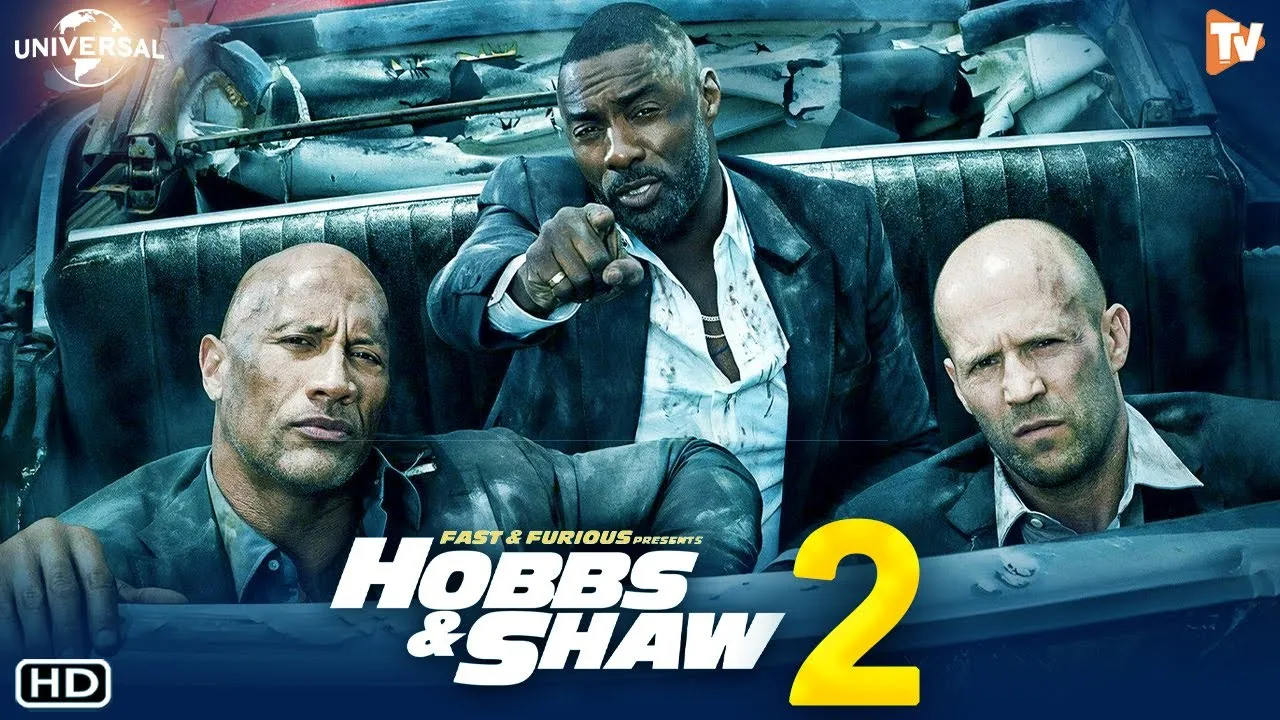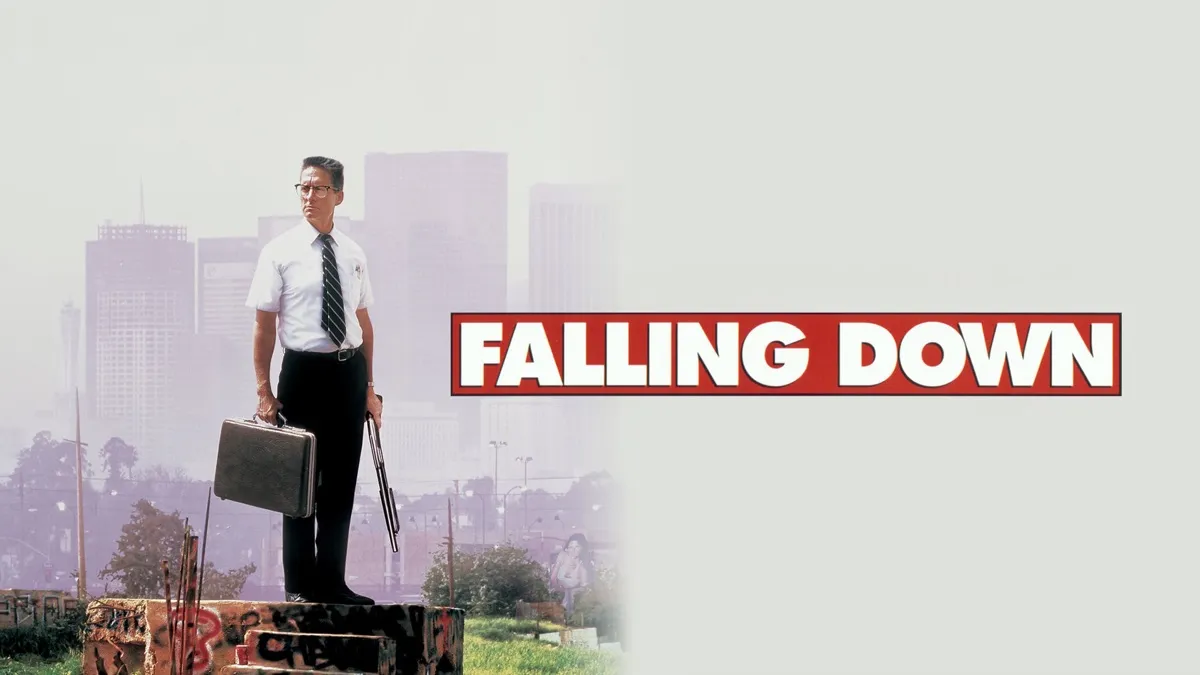When Gangster Squad hit theaters in 2013, it had all the makings of a modern gangster classic: a star-studded cast, noir-drenched visuals, a historical setting brimming with tension, and a premise rooted in one of Hollywood’s favorite moral battlegrounds—Los Angeles, 1949. Yet despite its sharp suits, loaded guns, and an aesthetic that screams vintage cool, the film ultimately fired more blanks than bullets in its attempt to recapture the golden age of gangster cinema.
Directed by Ruben Fleischer (Zombieland), Gangster Squad is loosely based on the real-life efforts of a secret LAPD unit tasked with taking down Brooklyn-born mob king Mickey Cohen, who at the time had a stranglehold on the city’s criminal underworld. The film takes major liberties with the facts, crafting a hyper-stylized showdown between old-school justice and ruthless crime.
Josh Brolin stars as Sgt. John O’Mara, a hard-nosed WWII veteran and straight-arrow cop who is handpicked by LAPD Chief Bill Parker (Nick Nolte) to lead an off-the-books operation to bring Cohen down. O’Mara assembles a small but diverse squad of fellow officers, each with a special skill: the sharpshooter (Ryan Gosling), the wiretapper (Giovanni Ribisi), the muscle (Anthony Mackie), and the cowboy (Robert Patrick). Their mission? Wreak havoc on Cohen’s empire by any means necessary, outside the boundaries of the law.

Sean Penn plays Mickey Cohen as a snarling, cartoonish villain—a former boxer turned gangster with ambitions to turn Los Angeles into his personal kingdom. He’s loud, vicious, and nearly Shakespearean in his delusions of grandeur. Emma Stone appears as Grace Faraday, Cohen’s moll and a femme fatale who inevitably falls for Gosling’s charming cop.
The film's greatest strength lies in its visual presentation. Shot by Dion Beebe, the cinematography evokes the high-contrast glamour of late-1940s Hollywood. Every frame is slick and stylized—neon signs flicker in rain-slicked alleyways, bullets flash in slow motion, and every fedora and trench coat fits like a glove. The action sequences are explosive and kinetic, clearly drawing influence from both classic noir and modern action films like The Untouchables or Sin City.
But for all its polish, Gangster Squad struggles to find a clear identity. Tonally, the film wavers between pulp fantasy and gritty realism. The dialogue often leans into cliché, with lines that feel lifted from a noir parody rather than a serious crime drama. Characters are mostly archetypes: the honorable cop, the silent sniper, the naive tech guy. Gosling’s Jerry Wooters brings some charm and inner conflict, but the script rarely allows the squad members room to evolve beyond their tropes.

Sean Penn’s performance, in particular, is divisive. Some see it as gloriously over-the-top, embracing the genre’s melodramatic roots. Others see it as ham-fisted and out of step with the rest of the film. His Cohen feels less like a man and more like a comic-book villain—evil for evil’s sake, and devoid of the complex charm or philosophical menace that defines truly memorable gangster antagonists.
Where Gangster Squad truly falters is in its attempt to grapple with morality. The central question—can you fight corruption without becoming corrupted yourself?—is barely explored beneath the gunfire. The film pays lip service to the idea that the squad is acting outside the law, but then rushes to celebrate their vigilante justice. There's little room for ambiguity, and no real reckoning with the violence they unleash.
This becomes especially problematic when considering the film’s release context. Originally slated for 2012, Gangster Squad was delayed and partially reshot after the tragic Aurora theater shooting. A climactic scene featuring a gunfight in a movie theater was removed. While understandable, this editing also flattened some of the film’s thematic resonance. What might have been a commentary on public spaces and spectacle instead became just another stylized shootout.

Despite its flaws, Gangster Squad isn’t without merit. As a popcorn noir, it delivers sharp costumes, snappy pacing, and a nostalgic flair for genre. The chemistry between Ryan Gosling and Emma Stone (hot off their pairing in Crazy, Stupid, Love) brings a welcome softness to an otherwise hyper-masculine narrative. And Robert Patrick’s turn as the aging gunslinger is unexpectedly heartfelt—a man who seems to understand the cost of violence, even if the film around him doesn’t.
More than a decade later, Gangster Squad feels like a film at war with itself. It wants to honor the legacy of hard-boiled crime classics like L.A. Confidential and The Untouchables, but it also wants to modernize them with the flash and fury of contemporary blockbusters. The result is a stylish but shallow homage—fun to watch, but difficult to feel.
If there were ever to be a thematic sequel or reimagining, it could do well to dive deeper into the moral ambiguity of law enforcement operating outside the law. Perhaps a story set years later, where one of the surviving squad members—older now, perhaps haunted—reflects on whether their actions truly saved the city or merely delayed the rot. In a time when police ethics and power are under renewed scrutiny, there’s rich territory to explore in the line between justice and vengeance.

A modern update could also explore the role of image and media in shaping legacy. Mickey Cohen wanted to be remembered as a kingpin, not a thug. What if a new wave of crime tries to reclaim his legacy? What if the next generation of cops—armed with cameras and public relations—wages a different kind of war? Guns might be replaced by surveillance. Truth, by spin. The war for Los Angeles could be fought in perception, not blood.
But until then, Gangster Squad remains what it is: a glossy, bullet-riddled spectacle—a love letter to a mythologized past, written in bullets and bravado. It's not a deep film, but it knows how to look good pulling the trigger.


-1751535588-q80.webp)
